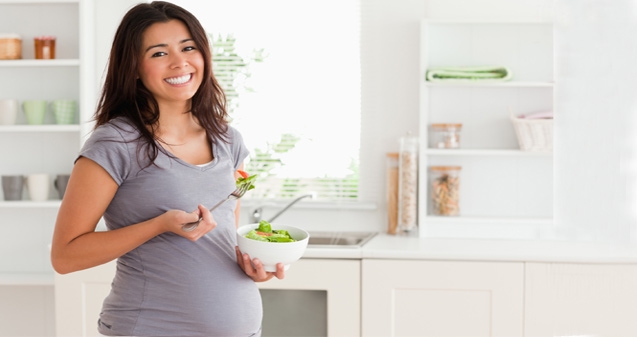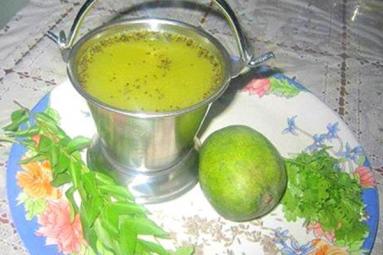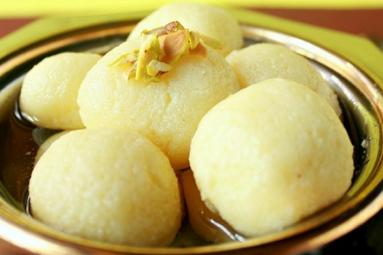
A mother's nourishment during pregnancy is vitally important for her and for her baby at all stages of foetal  development. Research has shown that diet and healthy lifestyle is directly related to the baby's weight at birth, his health in childhood and even after he has grown up. Therefore eating wel and being aware of any deficiencies in your diet can have long-term effects. You don't have to go on a special diet. All you have to do is to make sure that you eat a variety of different foods in order to get the right balance of nutrients that you and your baby require. You should also avoid certain foods to be on the safer side.
development. Research has shown that diet and healthy lifestyle is directly related to the baby's weight at birth, his health in childhood and even after he has grown up. Therefore eating wel and being aware of any deficiencies in your diet can have long-term effects. You don't have to go on a special diet. All you have to do is to make sure that you eat a variety of different foods in order to get the right balance of nutrients that you and your baby require. You should also avoid certain foods to be on the safer side.
Your diet should include the following four basic food groups:
A] Starchy Foods Starchy foods like bread, potatoes, rice, chapatis, pasta, oatmeal, and breakfast cereals are an important part of any diet and should, with vegetables, form the main part of your meal. They are satisfying without containing too many calories and are an important source of vitamins, protein, minerals and fibre. Try eating wholemeal bread and wholegrain cereals when you can.
B] Dairy Product Dairy foods like milk, cheese, yoghurt are important as they contain calcium and other nutrients essential for your baby's development. Choose low-fat varieties whenever possible. They also provide other minerals such as zinc, iodine and magnesium (essential for growth), as well as protein and fat-soluble vitamins A and D.
C] Meat, fish and alternatives Meat, fish, eggs, beans, peas, lentils, nuts, pulses and other vegetarian products are all good source of nutrients. These protein rich food combined with protein from starchy foods and dairy products provide the building blocks for baby's growth and tissue repair. They also contain iron, zinc, vitamin A and B. Vitamin B12 which is essential for healthy blood, occurs naturally in meat products but can also be found in fortified vegetarian foods.
D] Fruits and vegetables Eat plenty of fruits and vegetables as these provide the vitamins and a mineral, as well as fibre which helps digestion and prevents constipation. Eat them lightly cooked in a little water or raw to get the most out of them. Frozen, tinned and dried food and vegetables are good too. These provide vitamin A in vegetable form, vitamin C and D including folic acid, minerals such as iron and potassium and fibre.








